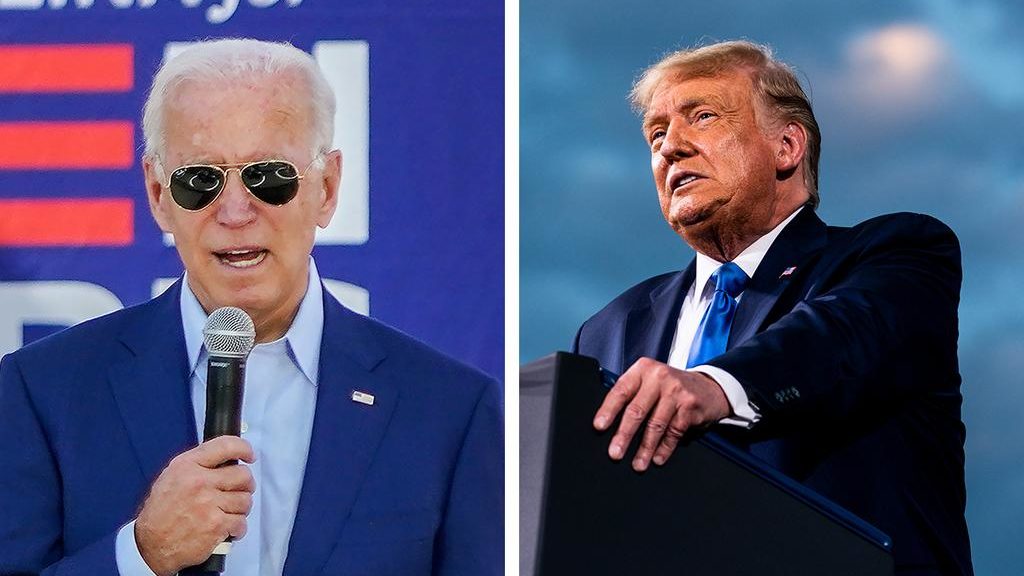Article originally published by the Philadelphia Business Journal on September 27, 2021.
A major leadership principle is to avoid adverse unintended consequences of decisions, especially when those consequences could undermine the credibility and trust that others have in you.
This principle was violated by President Joe Biden during the withdrawal of U.S. military forces from Afghanistan. There were inadequate plans to evacuate thousands of Afghan translators and their families who had helped U.S. troops in their mission, exposing them to retribution. A Sept. 9 article in Newsweek was headlined, “Afghan military translator for U.S. left behind anticipates getting beheaded by Taliban.”
This war was conducted under three former presidents: George W. Bush (who launched attacks in Afghanistan against al-Qaida in retaliation for the terrorist attacks on 9/11), Barack Obama and Donald Trump. Trump negotiated a U.S. withdrawal with the Taliban scheduled for May 1, 2021 in the Doha Agreement.
The change in the Afghanistan mission to nation-building after al-Qaida objectives were achieved in March 2002 had little chance of success. Twenty years later, Biden and his military advisors assumed that the Afghan military would have a strong incentive to continue to fight the Taliban after U.S. withdrawal. The Afghans put up little to no resistance, allowing the Taliban to quickly take control of the country. Why didn’t the Biden Administration foresee the possibility of this adverse unintended consequence and plan for it?
In the ensuing days after the fall of Afghanistan, the Biden administration was forced to work with the Taliban, a bitter enemy for 20 years, to ensure Americans could leave the country. The optics of this effort cost Biden significant political capital.
The principle of avoiding adverse unintended consequences was violated by Trump when on Dec. 19, 2019, he abruptly made a Twitter announcement that he was withdrawing U. S. troops from northern Syria. The withdrawal exposed the Kurds, who were U.S. allies in the region, to attacks by the Turkish military.

The Kurds are a distinct ethnic group and live within regions of Turkey, Syria, Iraq and Iran. The U.S. withdrawal provided an opportunity for the Turkish military to seize the portion of Kurdish territory claimed by Turkey. The Kurds have been forced to align with Russia to protect themselves against the Turks, increasing Russian influence in the region. Why didn’t Trump anticipate the adverse unintended consequences of his decision?
On Oct. 16, 2019, the House of Representatives passed a resolution condemning the U.S. withdrawal from northern Syria by a vote of 354 to 60, with two thirds of the House Republicans voting for the resolution, including the Republican House leadership.
The unintended consequences of these decisions by Biden and Trump undermined trust in the U.S. by abandoning people who were aligned with us. In the future, when we need assistance from locals in foreign countries to achieve military and geopolitical objectives, will they trust that the U.S. will not eventually abandon them?
So, what are the lessons for all leaders to learn from Biden’s withdrawal of U.S. troops from Afghanistan and Trump’s withdrawal of troops from northern Syria?
- Always consider the adverse unintended consequences of your decisions.
- You damage your credibility and trust that others have in you when you don’t meet your commitments.
- Don’t let others think you don’t know what you are doing.
- Always exercise common sense and good critical judgment.
A leader’s effectiveness and standing depends on the degree to which others trust them. Don’t violate that trust. Don’t walk away from your commitments.
Stan Silverman is founder and CEO of Silverman Leadership and author of “Be Different! The Key to Business and Career Success.” He is also a speaker, advisor and widely read nationally syndicated columnist on leadership, entrepreneurship and corporate governance. He can be reached at Stan@SilvermanLeadership.com.

